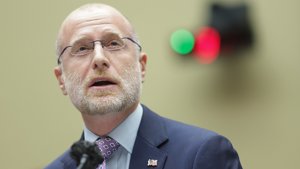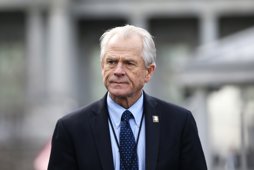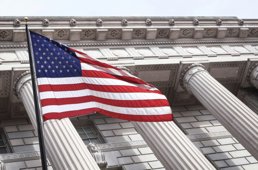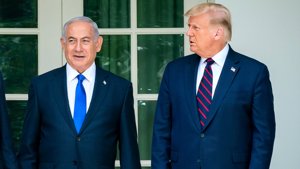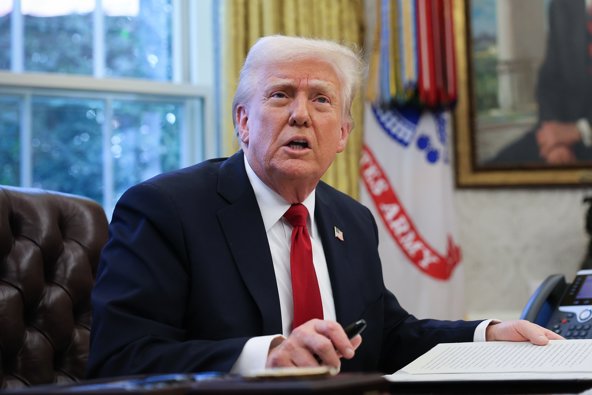
Cato Challenges Trump’s Emergency Tariffs in Court
Cato Institute warns Trump’s use of emergency tariffs stretches executive power beyond constitutional limits, urges court to intervene.
Legal Battle Over Presidential Emergency Tariffs
The federal courts are poised to decide whether President Donald Trump’s sweeping use of emergency powers to impose tariffs on imports has gone too far, as the libertarian Cato Institute challenges what it calls an unconstitutional expansion of executive authority.
In an amicus brief filed in V.O.S. Selections, Inc. v. Trump, the Cato Institute contends that the president exceeded his legal limits under the International Emergency Economic Powers Act (IEEPA) by applying steep tariffs to goods from countries such as China, Mexico, and Canada. The group warns that the administration’s approach undermines the Constitution’s separation of powers and hands the executive branch vast new control over trade, a domain traditionally reserved for Congress.
“This is an important case about whether the president can impose tariffs essentially whenever he wants,” said Cato legal fellow Brent Skorup. “There has to be a limit—and this administration hasn’t offered one.” Skorup noted that some Chinese imports faced tariff rates as high as 145% and that administration lawyers failed to specify any legal cap during court arguments.
The Cato Institute is urging the appeals court to uphold a lower court’s ruling, which previously determined that Trump’s use of IEEPA for global tariffs was not legally authorized. The U.S. Court of International Trade ruled the law does not allow tariffs to be used as a general tool to address drug trafficking or trade imbalances—issues the White House had cited in justifying the emergency declaration.
Skorup emphasized the lack of statutory clarity: “They couldn’t articulate a cap. There’s nothing in the law that mentions duties or tariffs. That’s a job for Congress.” While the Trump administration has defended its actions as a necessary response to national emergencies such as the fentanyl crisis and trade vulnerabilities, critics argue the rationale opens the door to executive overreach.
Impact on Small Businesses and the Trade Landscape
For import-dependent small businesses like V.O.S. Selections, the uncertainty surrounding tariff policy has been especially damaging. “V.O.S. Selections imports wine and spirits, and when the tariff rates go up unexpectedly, they can’t get products to their distributors as planned,” Skorup said. He noted the instability also affects other industries, from pipe importers to specialized manufacturers, who often lack the resources to absorb sudden cost increases or quickly adjust operations.
Beyond the direct economic impact, the case raises questions about the proper scope of presidential authority. “It’s a bipartisan problem. Presidents from both parties have taken vague laws and stretched them. Congress bears some of the blame for writing them that way,” Skorup said, arguing that the judiciary should draw clear limits.
If the appeals court sides with the administration, the ruling could mark a dramatic expansion of presidential power over trade, setting a precedent for future White House occupants to take similar action with little oversight. “It would bless Congress’ ability to hand over immense economic power to the president,” Skorup warned. “That would blur the separation of powers that the Constitution is supposed to protect.”
A decision in the high-stakes case is expected later this year, with small businesses, legal experts, and policymakers all watching closely for its implications on trade and executive power.

